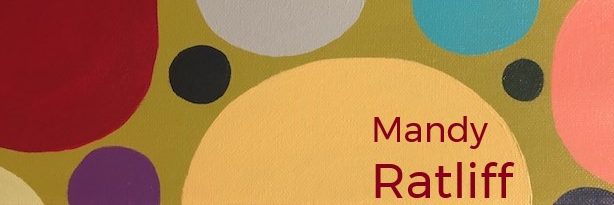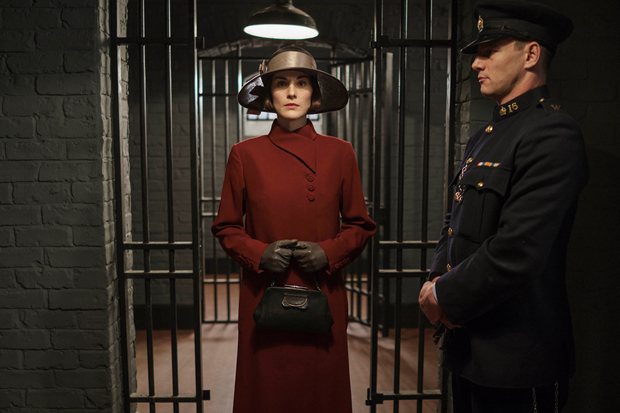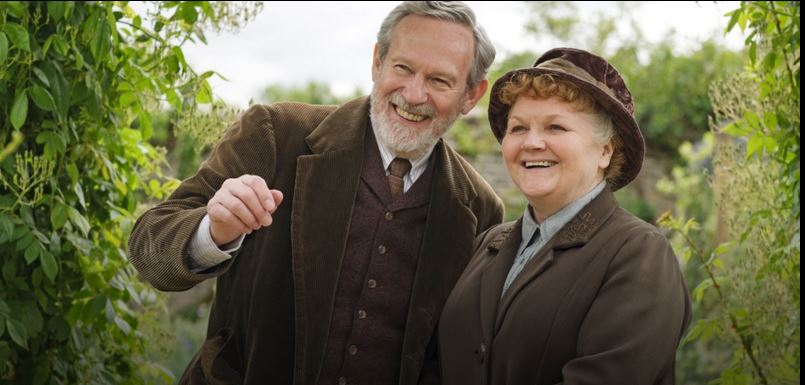Full title (from what I gather): American Masters: Warner Brothers “You Must Remember This: A Rising Power 1923-1949” But wait! Going to the American Masters’ website reveals that it is You Must Remember This: The Warner Brothers Story, a presentation of American Masters. And “A Rising Power” was Parts One & Two combines (“You Ain’t Heard Nothin’ Yet” and “Good War, Uneasy Peace”). There are five parts total and since this was originally aired in 2008, I have no idea if I’ll ever see the rest. Wait. I have the Internet. Parts Three thru Five will be aired next Tuesday here in LA. Thank you, Internet.
For a minute there I thought I had to climb the wall at the WB studio and ask them what happened. You see, I live near Warner Brothers. So near, in fact, that my dog has many times urinated on their property. Also, the main security gate is my I’m-Being-Chased-By-Lunatic-At-Midnight go-to place. My second go-to place is to stand in front of the bank and tell the lunatic that they are on surveillance cameras. And then run to Warner Brothers. Please note if said lunatic is a zombie then plan changes.
So on to the show. You will be unsurprised to learn that the studio was started by four brothers with the last name Warner: Harry, Albert, Sam and Jack. Their first big star was Rin Tin Tin. During this segment they interviewed Susan Orlean with the caption underneath her name reading “Rin Tin Tin Biographer”. Susan Orlean who wrote The Orchid Thief and was played by Meryl Streep in Adaptation also wrote about Rin Tin Tin. I expect all of you to tell someone that fun fact today.
Then the talkies came…Warner Brothers were the ones who released The Jazz Singer. Now it may be just me but watch some Al Jolson footage. He’s creepy, right? Those are some crazy eyes has going on.
A lot of early Warner talkies were known as “Pre-code Films”, meaning they were about sex and drugs and stuff that happen in movies today “post-code”. But back then, they were scandalous. The film Babyface even led Leonard Maltin to say something like, “look up sordid in the dictionary and there’s a picture of Babyface.” There are so many things to love about that quote: Maltin using the dictionary cliché and the feeling that he likes saying “sordid”. They then segued into Busby Berkeley musicals. One guy interviewed said that a lot of the numbers were about Ruby Keeler and Dick Powell getting laid.
The show then went into highlighting WB’s big stars of these years: Bette Davis, Errol Flynn & Olivia de Havilland, Ronald Reagan (Presidency gets you a feature spot in the WB doc, I guess), Humphrey Bogart & Lauren Bacall and James Cagney. Richard Schickel who wrote, directed and produced this WB doc (with Clint Eastwood producing and narrating) also wrote a biography on James Cagney. How do I know this? Well, he was at the New Beverly Cinema recently to talk about White Heat which was about to be shown. It was part of a series curated by Edgar Wright of films he had never seen. I had also not seen White Heat. But apparently Richard Schickel didn’t care or know the phrase “Spoiler Alert!” because he proceeded to tell the ending and other key plot points. I was hoping Wright would put his fingers in his ears and yell, “I’m not listening to you!” but he decided to be professional. The only reason I didn’t do that is because, well, the argument can be made that I had several decades to see this movie. It’s not like it just came out.
What else did I learn from The Story of Warner Brothers? Howard Hawks made bro-mance movies. Warner Brothers were on the side of the downtrodden during The Depression. They also made some anti-nazi movies but were supportive of blacklisting. When Casablanca won best picture, Hal Wallis got up to accept but was “oscar-blocked” by the family and Jack Warner beat him to the stage to accept. Cagney was said to “move with a dancer’s grace and a psycho’s fury”. He also died at the end of White Heat. Ha ha! You’ve just been Schickeled!



